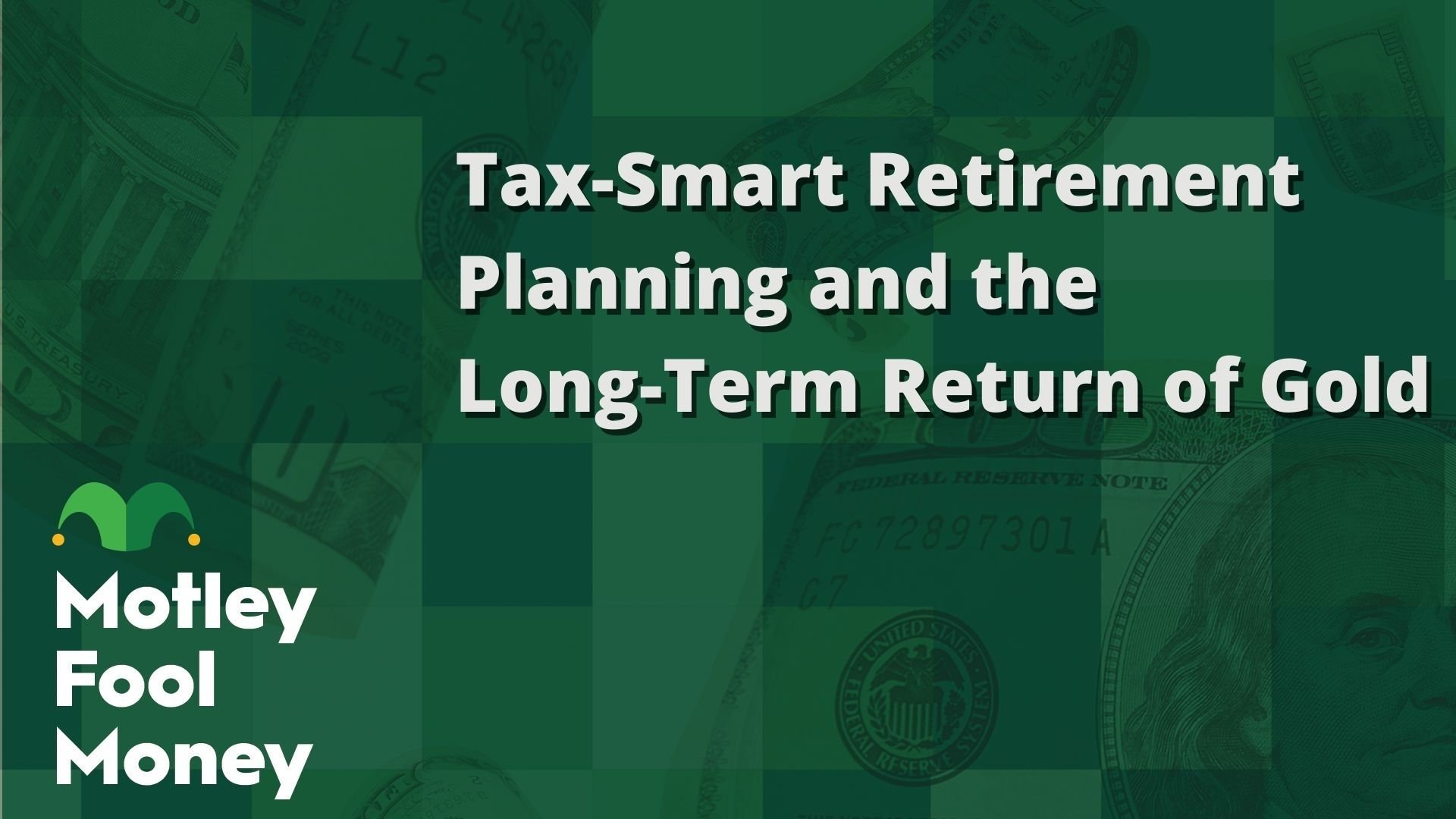The coronavirus has affected nearly every aspect of the way we live, and it's caused significant economic hardship for millions of Americans. Roughly 50% of U.S. adults say COVID-19 has affected their personal finances, a survey from Pew Research Center found, and 88% say it's had an impact on the U.S. economy.
As a result, Congress recently passed the Coronavirus Aid, Relief, and Economic Security (CARES) Act to provide economic relief to individuals and businesses who are struggling due to the coronavirus pandemic.
One of the most notable features of the bill is the $1,200 stimulus check millions of Americans will be receiving. But there's a lesser-known aspect of the bill that could have a significant effect on your finances: You now have the opportunity to raid your retirement fund without facing a penalty.

Image source: Getty Images.
New retirement rules under the relief bill
Previously, if you wanted to withdraw cash from your 401(k) or traditional IRA before age 59 and a half, you'd face income taxes and a 10% penalty on the amount you withdraw. Under the CARES Act, though, you can withdraw up to $100,000 from your retirement account without paying the 10% penalty. Depending on how much you withdraw, this could potentially save you thousands of dollars.
You'll still need to pay income taxes on your withdrawals, but another change under the new bill is that you now have three years to pay those taxes. If you're making significant withdrawals, being able to spread your tax payments over three years can ease the financial burden.
Keep in mind, though, that these new rules only apply if you're using the money for coronavirus-related expenses. To qualify for penalty-free retirement fund distributions, either you, your spouse, or a dependent must have tested positive for COVID-19, or you must have experienced financial hardship due to being laid off, furloughed, or quarantined.
Is it a good idea to withdraw from your retirement fund?
These new regulations make withdrawing from your retirement fund more enticing, but is it a good idea to raid your savings? In general, the answer is no. Even if you won't pay a penalty and you can spread your tax payments out over three years, there are still short- and long-term consequences to withdrawing your savings before retirement age.
For one, right now is not the best time to take money from your retirement account because stock prices are at rock bottom. You may be tempted to pull your money out of your retirement fund now if your investments have taken a hit in recent weeks, thinking you can salvage your savings before things get worse. However, you don't technically lose any money until you sell your investments. So if you sell your investments now by withdrawing your cash, you're locking in your losses by buying high and selling low. If you keep your cash invested, though, you'll reap the rewards once the market recovers.
There are long-term consequences for withdrawing your cash, as well. Your investments rely on compound interest to help them grow, so the key to building a robust retirement fund is to leave your money alone for as long as you possibly can. Every time you withdraw your money, you're essentially taking a step back and starting over. The less time your money has to grow, the more challenging it will be to accumulate a significant amount of cash.
Tapping your retirement fund should be a last resort, and even then, it may be wiser to borrow the money rather than withdraw it. The CARES Act also loosened the regulations around 401(k) loans, allowing savers to borrow the full vested amount in their 401(k) up to $100,000 (previously, borrowers could only receive loans of 50% of their vested balance up to $50,000). With a 401(k) loan, although you do have to pay the money back, that can be a good thing because it forces you to keep contributing to your retirement fund -- which can help keep your savings on track.
Millions of Americans have been personally affected by the coronavirus, and some people may have no choice but to tap their retirement funds to make ends meet. Although raiding your retirement savings may not be ideal, the good news is that it's now less expensive to withdraw your cash. Not only will that save you money, but it can also make these difficult times a little easier.





